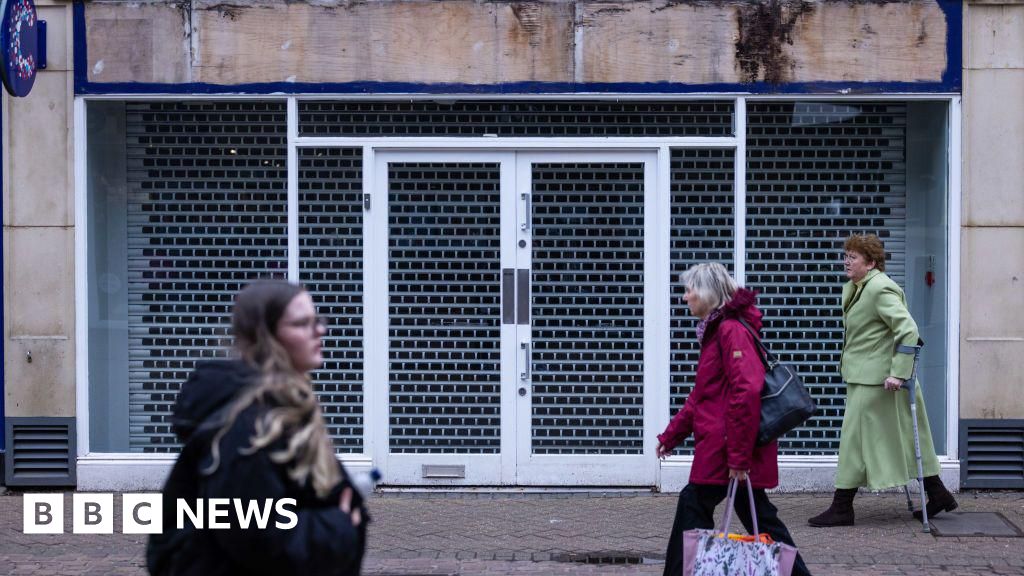Ofgem energy price cap: Billpayers told to shop around as prices rise

- by Admin
- November 22, 2024

The cap affects those on default, variable tariffs, not those who have fixed a price for a set period.
It is set every three months by Ofgem, although the regulator illustrates the change by showing the impact on the annual bill of a household with typical energy usage.
To estimate the effect on an individual’s annual costs, billpayers can add 1.2% to their current bill.
Some households will have less support than last winter because the final cost-of-living payment was made to eight million people on means-tested benefits in February.
For pensioners, the previously universal winter fuel payment, worth up to £300, is now only being paid only to those on low incomes who receive certain benefits.
According to the government’s own estimates, an additional 50,000 pensioners will be living in relative poverty next year as a result of cuts to the payment.
However, this fails to take into account any increased uptake of pension credit – which qualifies people for the winter fuel payment.
Energy Secretary Ed Miliband said the UK was “exposed to the rollercoaster of global fossil fuel markets”, which was why the government was concentrating on generating power in the UK.
He admitted the latest price rise would “concern” many families.
Liberal Democrat leader Ed Davey called on the government to reinstate winter fuel payments to all pensioners and “cancel the bill rise”.
Some pensioner households affected in Northern Ireland will receive a one-off £100 payment.
The energy market is regulated differently in Northern Ireland, and is not governed by the same price cap.
The Latest News
-
November 24, 2024‘Woollyback’ UK boss of tech giant IBM says we shouldn’t be scared of AI
-
November 24, 2024How a building firm’s collapse will hit Labour’s prison and schools plan
-
November 24, 2024Winter storms bring travel chaos to Ireland, France, UK
-
November 24, 2024Storm Bert back for more after leaving three killed and thousands without power
-
November 24, 2024Labour slammed for going soft on China slammed for going soft on China





